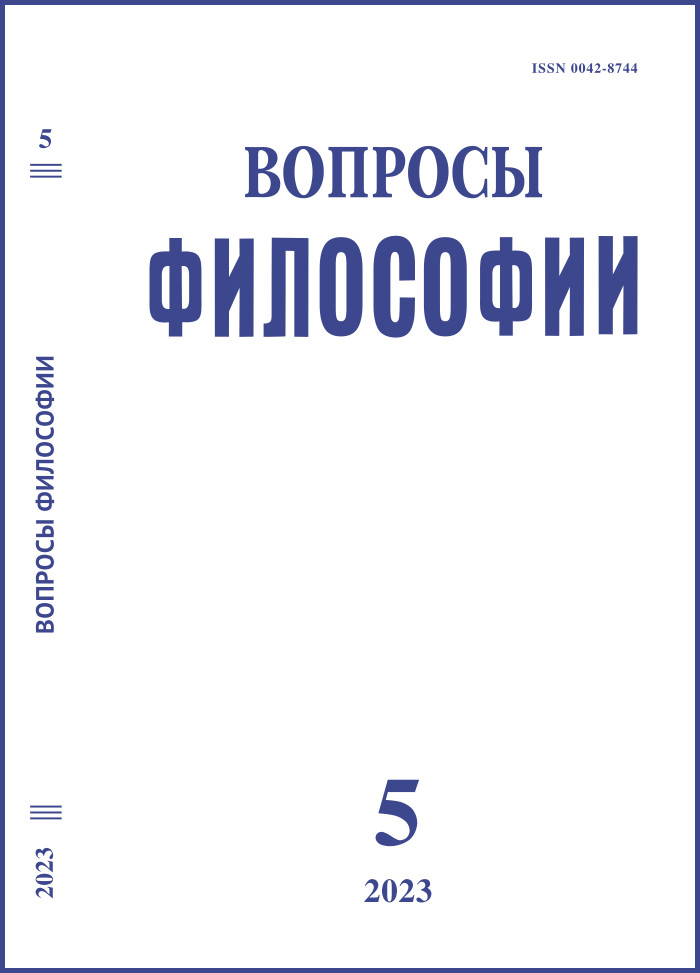Ideology as a Subject and Subject of Representation in Russian Philosophizing Literature
DOI:
https://doi.org/10.21146/0042-8744-2023-5-75-78Keywords:
ideology, philosophy, literature, image, plot.Abstract
Ideology as a subject (image) and subject (content and plot) is present in Russian philosophical literature, as in any literary classic, constantly – from the moment of its appearance in the late XVIII to the mid-30s of the twentieth century. For almost a century and a half, it had the opportunity, with varying degrees of censorship, in general, it manifested itself quite freely. However, after the 1st Congress of Soviet Writers, a ban was imposed on all its manifestations, except those officially permitted within the framework of “socialist realism”, which was lifted only in the second half of the 80s. Nevertheless, since artistic texts remain an important element of culture that influences the existence of the modern ideological landscape, the idea of their ideological content deserves to be developed. What is ideological in philosophical literature, which most often reveals itself as a focus on changing the present, that is, reconstruction, is considered in the first approximation by referring to the texts of D.I. Fonvizin, A.S. Griboyedov, A.S. Pushkin, N.V. Gogol, I.S. Turgenev, I.A. Goncharov, N.S. Leskov, F.M. Dostoevsky, A.M. Gorky and A.P. Platonov.

